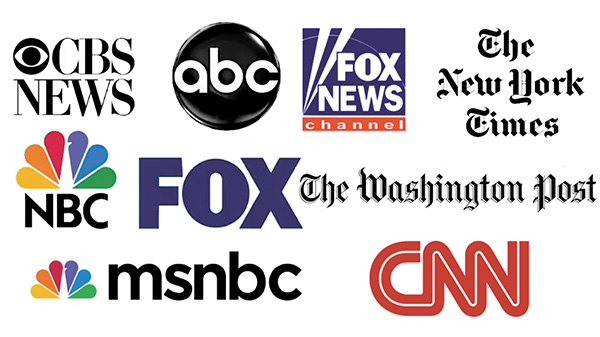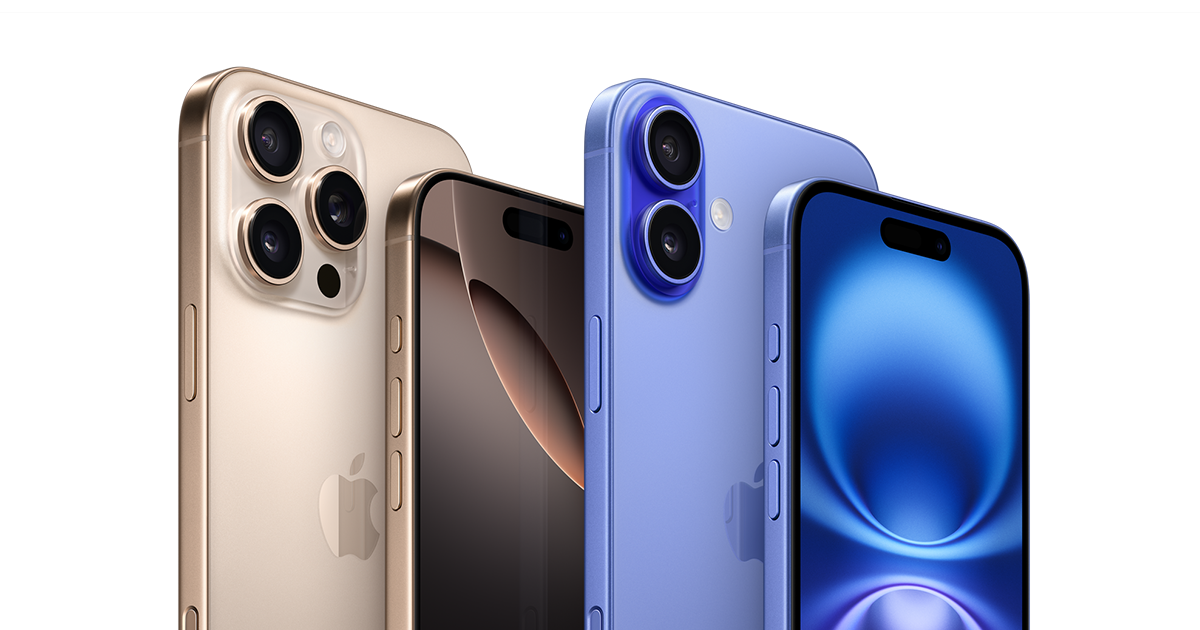During the presentations for the EOTO 2 assignment, I learned a lot of new information. I found these to be the most interesting to me.
Whistleblowers:
Whistleblowers are people who report information to people who do not know what is going on. One of the most famous whistleblowers they talked about was Edward Snowden. Snowden was an NSA intelligence contractor who revealed how the NSA was listening to people without their consent. He revealed thousands of classified documents about this, and many were shocked when it came out. Many people debate whether he is a traitor or a hero. He opened the eyes of many people on how the government is mass surveilling U.S. citizens, good or bad.Mainstream Media:
Another thing I found interesting was mainstream media. For the most part, only a couple of media channels have a significant presence. Everyone gets their news from FOX, ABC, NBC, CNN, CBS, or a few newspapers like the New York Times. These channels control what is being broadcast and what news stories are being told. The problem with most of these is they need to be more neutral. When we look at FOX and CNN, many people associate FOX with the far right and CNN with the far left. This may be the case, but these other channels could be more neutral.Gatekeeping:
Going off of mainstream media, gatekeeping also caught my attention. Gatekeeping is the process by which information gets published or broadcast to the public. There are hundreds of news stories a day. However, organizations and individuals must pick the ones they think will get the most publicity or align with their organization. Due to this, news organizations can influence public opinion through the stories they publish. You see this a lot during the election. Media companies try to persuade people to vote for one side and will put stories about the other candidates.
Deep Fakes:
Overall, all of the EOTO presentations were good. However, these were the ones that stood out to me the most. We need to be careful in what we read and see. Not everything is accurate, and we must constantly remind ourselves to fact-check what we read. We need to look at multiple different media channels, so we're more educated on the topic and not be persuaded by one organization.



























